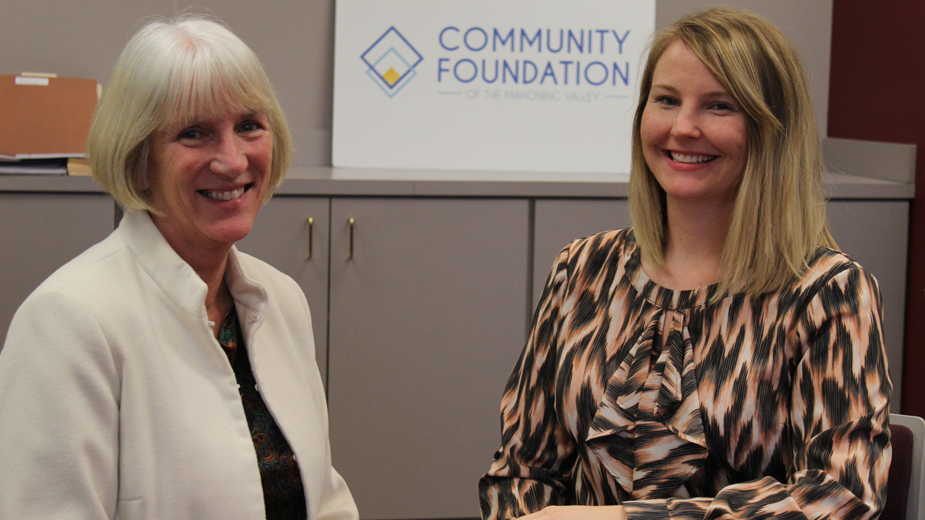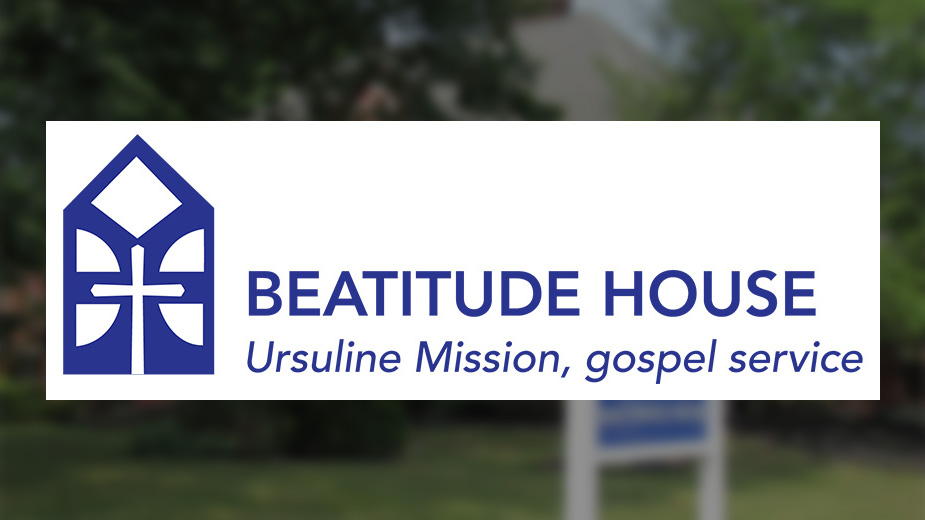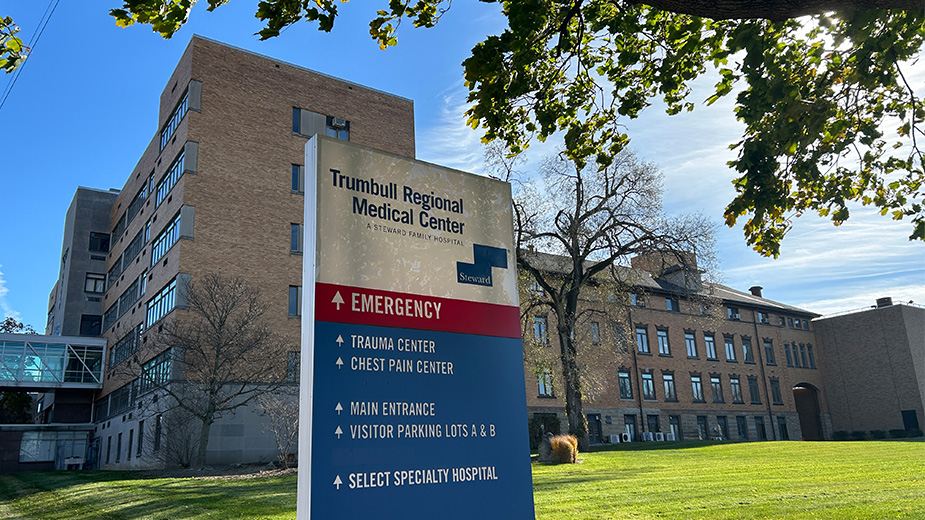‘Innovations’ Event Thursday to Convene Health Partners
YOUNGSTOWN, Ohio – In the discussions that surround health care, there are topics that invariably arise. The cost of insurance. Access to health care. The quality of that care. Laws and taxes that go with the Affordable Care Act.
But there are also topics that aren’t discussed as frequently. Topics such as education, zoning, the number of parks in a community – even laws and policies. Such topics will be the center of discussion Thursday at the Community Foundation of the Mahoning Valley’s Innovations Conference.
“When we talk about community health, it’s the idea that health goes beyond clinical care,” says Casey Krell, foundation director of supporting organizations and donor services. “There are all these different things that impact someone’s life and how long they live and how healthy they are.”
The unemployment rate, the poverty rate, job availability – all matters that are issues in the Valley, notes foundation Executive Director Shari Harrell – play into the health issues a community faces. In the Robert Wood Johnson Foundation’s 2017 County Health Rankings & Roadmaps report, Mahoning County ranked 71st among the state’s 88 counties for health outcomes and 67th in health factors.
Trumbull County, meanwhile, ranked 61st and 70th, respectively. Columbiana County ranked No. 55 and No. 63.
“What we’re talking about is an approach to health that asks, ‘How do we help people live longer and better quality lives?’ ” Harrell says. “That’s a policies, systems and environmental approach. We’re talking about what kind of decisions we make in a variety of arenas.”
The keynote speaker at this year’s conference is Natalie Burke, the cofounder of CommonHealth Action. The group, based in Washington, D.C., works with communities across the country, from foundations to governments, to address public health.
Burke’s presentation, “Embracing Collaborative Discomfort,” focuses on the tools necessary to create change when it comes to community health, including the language used between groups.
“I find in my work that there are a lot of community partnerships that have never had the conversation to ensure they have common language,” Burke says. “Then, two or three years down the road they can’t figure out why they can’t move forward. And that’s when we realize they haven’t been talking about the same thing.”
The keynote address will also touch on the forms community health takes and equitable systems.
“There’s a portion [of your health] that’s genetic, there’s a portion that’s based on your personal choices and there’s a significant portion based on systems and institutions that create the context in which we live our lives,” Burke says. “That’s how education, unemployment, transportation, structural racism, [and] access to healthy food factor into whether people have opportunities to be healthy or not.”
One major factor in health, she adds, is educational opportunities.
“Your education dictates to a large degree your income. Which to a large degree dictates the community in which you live,” Burke says. “Which to a large degree dictates the access you have to things like fresh fruit and vegetables, a built environment conducive to physical activity, a space that is safe and not prone to violence.”
Krell and Harrell met Burke last year at a conference hosted by Health Improvement Partnership Cuyahoga, where Burke spoke.
“We really liked the message Natalie shares with communities about equity and ensuring that all have the opportunity for their best health,” Krell says. “It’s the idea that change at societal level requires this collaboration and discomfort. It requires people to change their behaviors and think differently about things they’ve known their whole life about what health is.”
Among the other presenters at the Innovations Conference will be David Shipps from Toole Design Group, a civil engineering firm with an office in Columbus, who will discuss active transportation – bikeways, pedestrian paths and other modes that promote physical activity.
There also will be a presentation on access to healthful food from Cuyahoga County Board of Health’s Anne Stahlheber and a panel discussion on parks by Youngstown Neighborhood Development Corp., Trumbull Neighborhood Partnership and Fresh Coast Communities.
While the Community Foundation has hosted Innovations for years, only last year did its focus become dedicated to community health.
“We always try to take a comprehensive approach with Innovations, even when it was focused on early childhood education or childhood obesity,” Krell says. “We try to dig into the root causes and figure out how we can have a long-term, systemic approach to making change.”
The shift was driven, Harrell says, by the conference’s supporting organizations: the William Swanston Charitable Fund, Western Reserve Health Foundation and Trumbull Memorial Health Foundation.
All three have an interest in promoting community health, but wanted to have their grants have greater impact, the director says.
“From our perspective, they wanted to do the same thing but in different counties. We wanted to create a shared vision,” she says.
And so, last year’s Innovations conference was held on a broad spectrum of community health issues that featured U.S. Rep. Tim Ryan, D-13 Ohio, and Ohio State University city and regional planning professor Jim Reece. Ryan addressed the policy side of community health while Reece discussed the coordination of resources.
“You have a lot of resources and expertise and assets, but a lack of coordination, which undermines their effectiveness,” Reece said last year. “It’s a foundational step to do that alignment.”
The 2017 conference focused largely on awareness of the issues that surround community health, Krell and Harrell say, and this year’s Innovations will turn its attention to building an infrastructure to address them.
“We heard from the attendees, ‘We’re not OK with this. The status quo is not OK any longer,’ ” Krell says. “They recognize this is tough work and these are changes that aren’t easily done. This isn’t a technical problem that can be solved with a project over six months.”
It’s here the supporting foundations re-enter the picture. The conference also serves as a way for organizations to get together and talk about what can be done to address the Valley’s health problems. In turn, that allows the Swanston Fund, Western Reserve Health Foundation and Trumbull Memorial Foundation to better understand where to direct their dollars.
“They’re helping support the infrastructure to develop the conversation as well as some of the grant dollars to support the on-the-ground actions,” Harrell says.
Continues Krell, “We determined pretty quickly that just changing our grant-making wasn’t going to change the health. … Collaboration is hard. Leading collaboration is even more difficult.”
Pictured: Community Foundation of the Mahoning Valley Executive Director Shari Harrell and Casey Krell, director of supporting organizations and donor services.
Copyright 2024 The Business Journal, Youngstown, Ohio.



